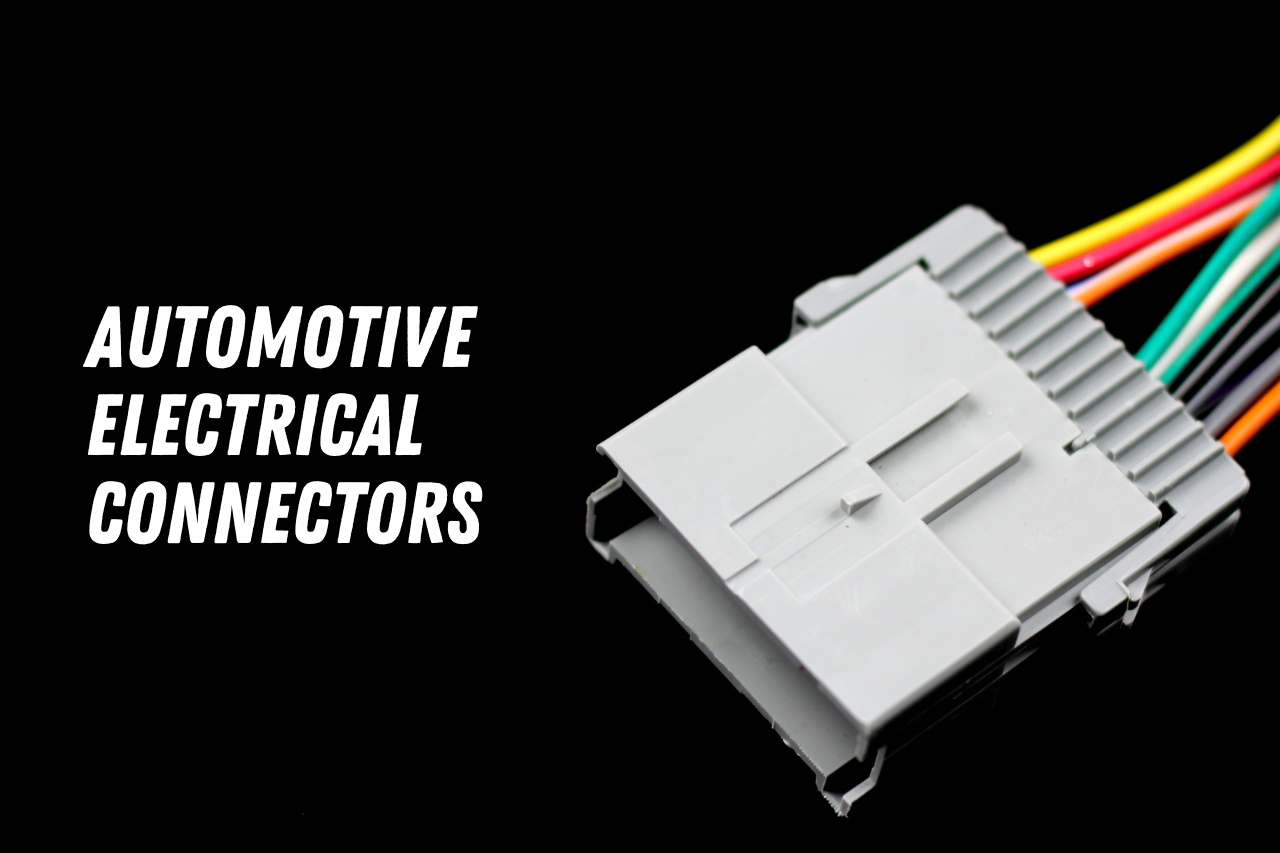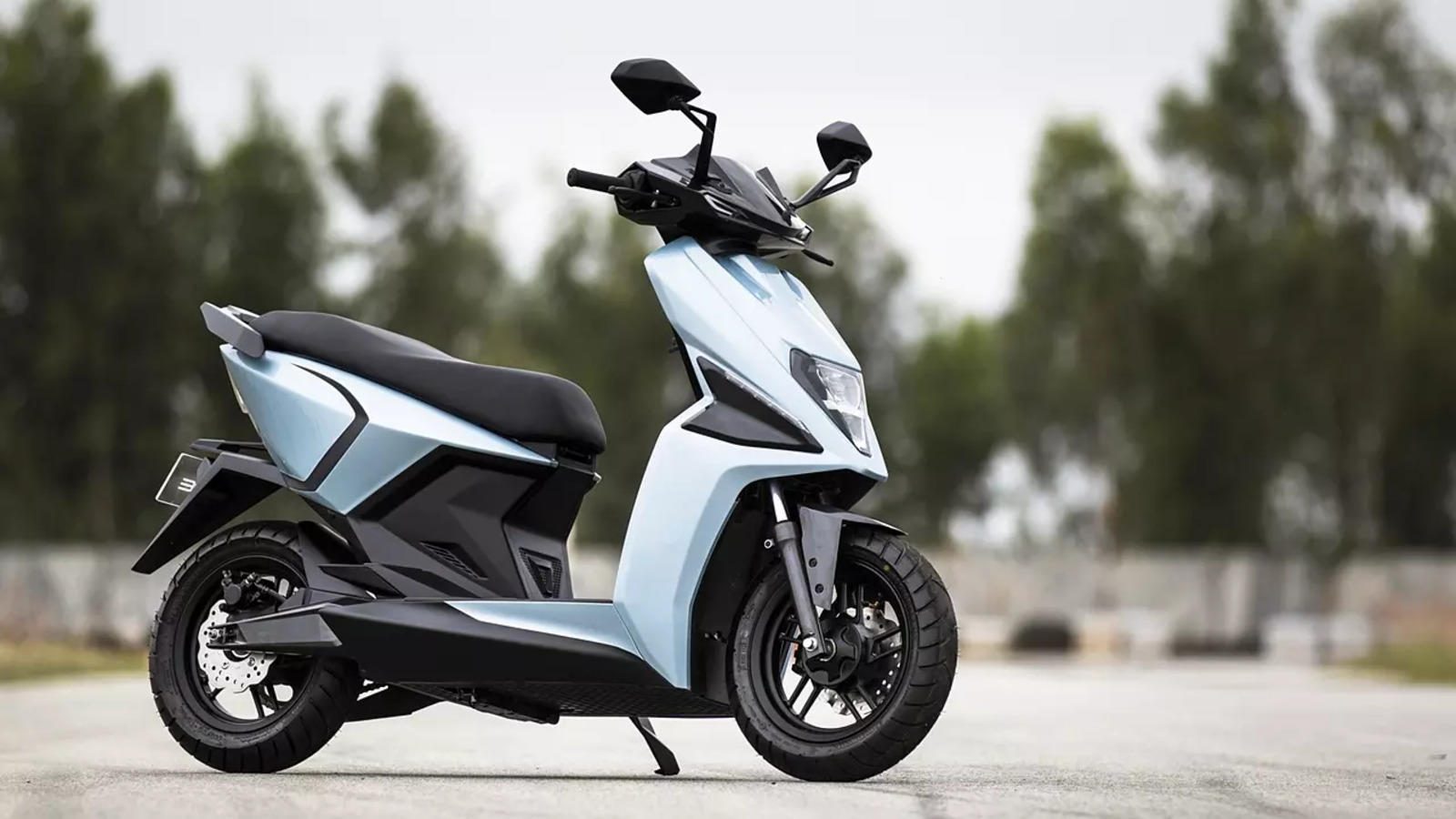
automotive electrical connectors
Automotive electrical connectors are crucial components that play a pivotal role in the functioning of vehicles. This article explores the significance of quality connectors, types available, selection criteria, installation tips, and more.
Introduction to Automotive Electrical Connectors
Automotive electrical connectors serve as bridges between different electrical systems within vehicles, facilitating the transmission of signals, power, and data. These connectors ensure seamless communication and operation of various vehicle components, including sensors, lights, engines, and entertainment systems.
Importance of Quality Electrical Connectors
The reliability and performance of automotive electrical systems heavily depend on the quality of connectors used. High-quality connectors ensure secure connections, minimal signal loss, and protection against environmental factors such as moisture, heat, and vibration. Investing in premium connectors is essential for optimal vehicle performance and safety.
Types of Automotive Electrical Connectors
Automotive electrical connectors come in various types, each designed for specific applications and environments. Common types include blade connectors, bullet connectors, spade connectors, and Deutsch connectors. Additionally, connectors may vary in size, shape, material, and configuration to accommodate different wiring requirements.
Factors to Consider When Choosing Electrical Connectors
When selecting automotive electrical connectors, several factors should be taken into account, including voltage and current ratings, wire gauge compatibility, environmental conditions, durability, and ease of installation. Choosing connectors that meet or exceed vehicle specifications ensures reliable performance and longevity.
Installation and Maintenance Tips
Proper installation and maintenance are crucial for maximizing the lifespan and effectiveness of automotive electrical connectors. Install connectors according to manufacturer guidelines, ensuring secure connections and proper wire routing. Regular inspections and maintenance help identify and address issues such as corrosion, loose connections, and wear.
Common Issues and Troubleshooting
Despite their importance, automotive electrical connectors may encounter issues such as corrosion, poor contact, and wiring faults over time. Troubleshooting techniques such as visual inspection, continuity testing, and voltage measurements can help diagnose and resolve connector-related problems efficiently.
Common issues and troubleshooting are an integral part of any endeavor, whether it’s using a piece of technology, managing a project, or navigating personal challenges. These issues can arise unexpectedly and range from technical glitches and errors to communication breakdowns and misunderstandings. The key to effective troubleshooting lies in identifying the root cause of the problem and implementing appropriate solutions to resolve it.
This may involve conducting diagnostic tests, seeking input from experts or colleagues, or referring to user manuals or documentation. Additionally, proactive measures such as regular maintenance, training, and communication can help prevent common issues from occurring in the first place. By addressing common issues promptly and effectively, individuals and organizations can minimize disruptions, optimize performance, and ensure smooth operations in pursuit of their goals.
Advancements in Automotive Electrical Connector Technology
Advancements in automotive electrical connector technology have led to the development of innovative solutions that address emerging challenges in vehicle design and functionality. Features such as quick-connect designs, sealed connectors, and high-speed data transmission capabilities enhance performance and reliability.
Environmental Considerations
Automotive electrical connectors must withstand harsh environmental conditions encountered during vehicle operation, including temperature extremes, moisture, chemicals, and mechanical stress. Manufacturers employ specialized materials, coatings, and sealing techniques to ensure connectors remain resilient and reliable in diverse environments.
FAQs about Automotive Electrical Connectors
- What are the key components of an automotive electrical connector?
- Automotive electrical connectors typically comprise terminals, housings, seals, and locking mechanisms.
- Can automotive electrical connectors be reused?
- In some cases, connectors can be reused if they are undamaged and meet manufacturer specifications. However, it’s essential to inspect connectors thoroughly before reuse.
- How do I prevent corrosion in automotive electrical connectors?
- Using connectors with corrosion-resistant materials, applying dielectric grease, and ensuring proper sealing can help prevent corrosion in automotive electrical connectors.
- What is the difference between weatherproof and waterproof connectors?
- Weatherproof connectors protect elements such as rain and dust, while waterproof connectors offer a higher level of protection against immersion in water.
- Are there connectors specifically designed for high-vibration environments?
- Yes, connectors with features such as locking tabs, rubber seals, and ruggedized designs are suitable for high-vibration applications.
Conclusion
In conclusion, automotive electrical connectors are vital components that enable seamless communication and operation of vehicle electrical systems. By understanding the importance of quality connectors, considering key factors during selection, and implementing proper installation and maintenance practices, vehicle owners can ensure the reliable performance and longevity of their vehicle’s electrical systems.
Also Read: United Automotive Services


